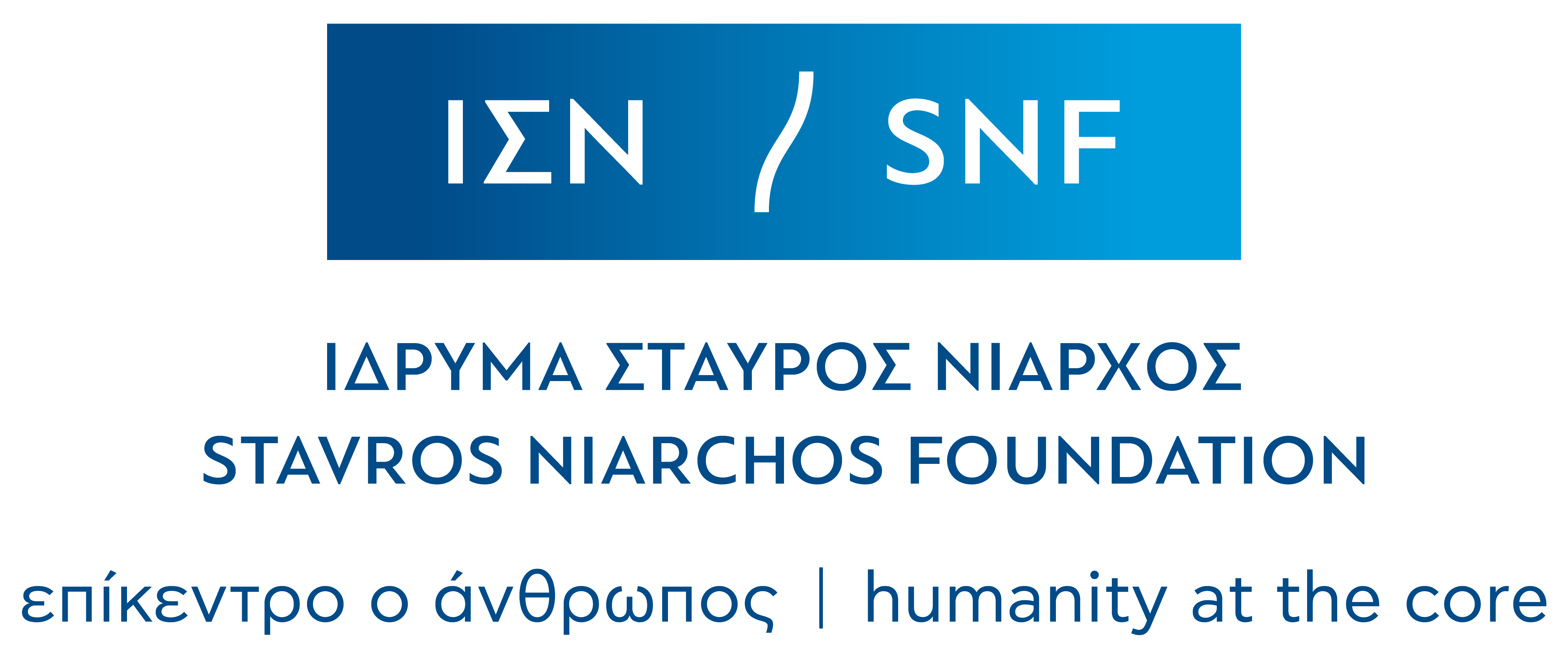
Alternative Stage Founding Donor & Production Donor

Major Sponsor of the Greek National Opera

Supported by the French Ministry of Culture (General Secretariat for Artistic Creation and Regional Directorate of Cultural Affairs of Paris).
With assistance from the Printemps des comédiens festival, Montpellier (France).
The production is made possible by a grant from the Stavros Niarchos Foundation (SNF) [www.SNF.org] to enhance the Greek National Opera's artistic outreach.
One of the most provocative and «queer» novels in French literature - even before the term was coined - , Rachilde's daring and heretical Monsieur Vénus, is brought to the stage, representing the fruit of a creative collaboration among three renowned artists, all starting from Argentina: esteemed composer Martin Matalon, pioneering and prolific playwright Alfredo Arias, and distinguished choreographer and director Diana Theocharidis.
During a spiritualist session, the young Marguerite Emery, born in 1860 in the Périgord region, comes into "contact" with a 16th-century Swedish nobleman named Rachilde. She immediately decides to adopt this name as a pen name to write and publish her works. Monsieur Vénus was published in 1884 with the dedication «We dedicate this book to physical beauty.» Marguerite Emery was just 24 years old at that time, and a virgin. Monsieur Vénus tells the story of Raoule de Vénérande - a noblewoman and femme fatale - and Jacques Silvert, a young man from the working class, caught in Raoule's hands. The two of them are involved in an unequal relationship, in which she imposes the reversal of their genders and sexual roles, ultimately leading to confusion about their gender identities. Sadism, masochism, paedophilia, bestiality, nymphomania, gender role reversal - all the «forbidden» forms of sexuality are found in Rachilde's work. The challenge, however, does not arise from the linear or raw depiction of these practices, but from their deep, subversive, intellectual conception. In Monsieur Vénus, we witness the destabilization of socially imposed gender constructions - the two protagonists exchange roles as if they were cards in a game.










